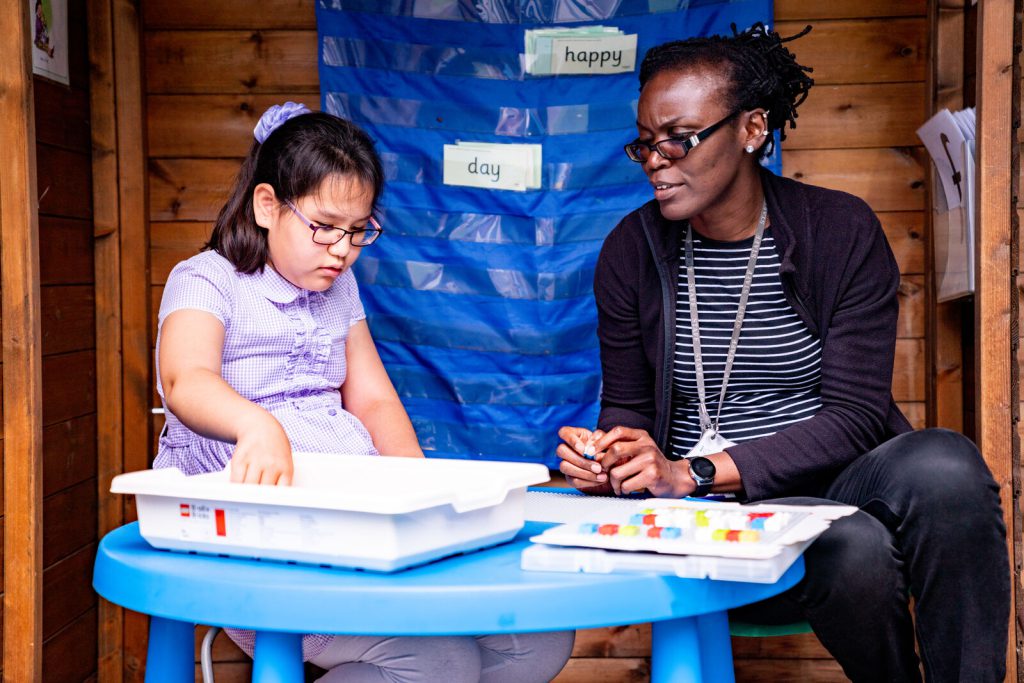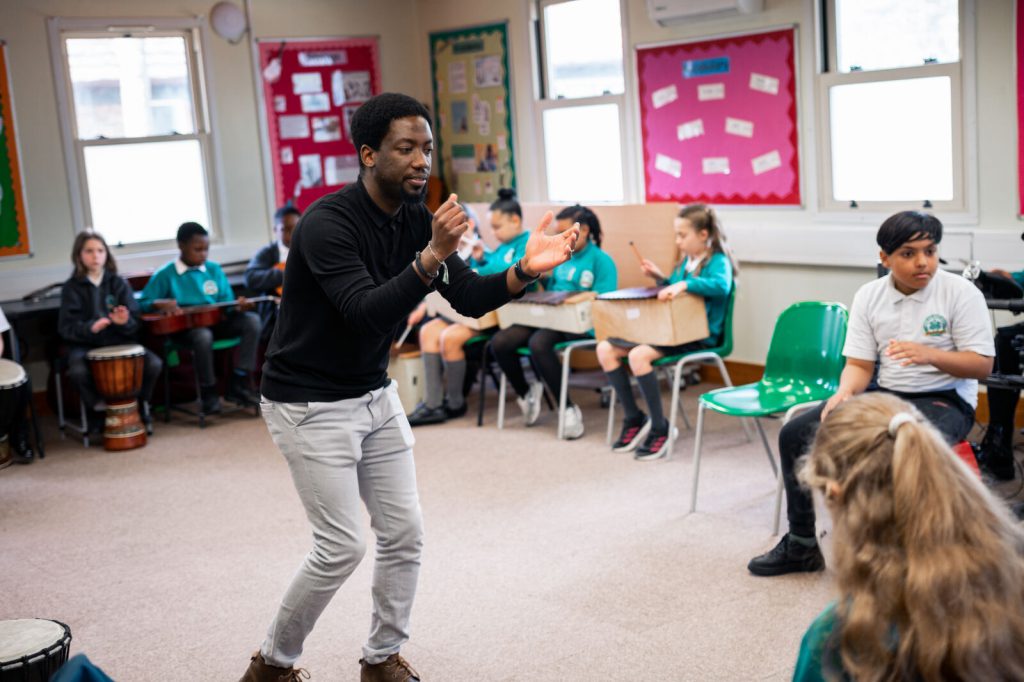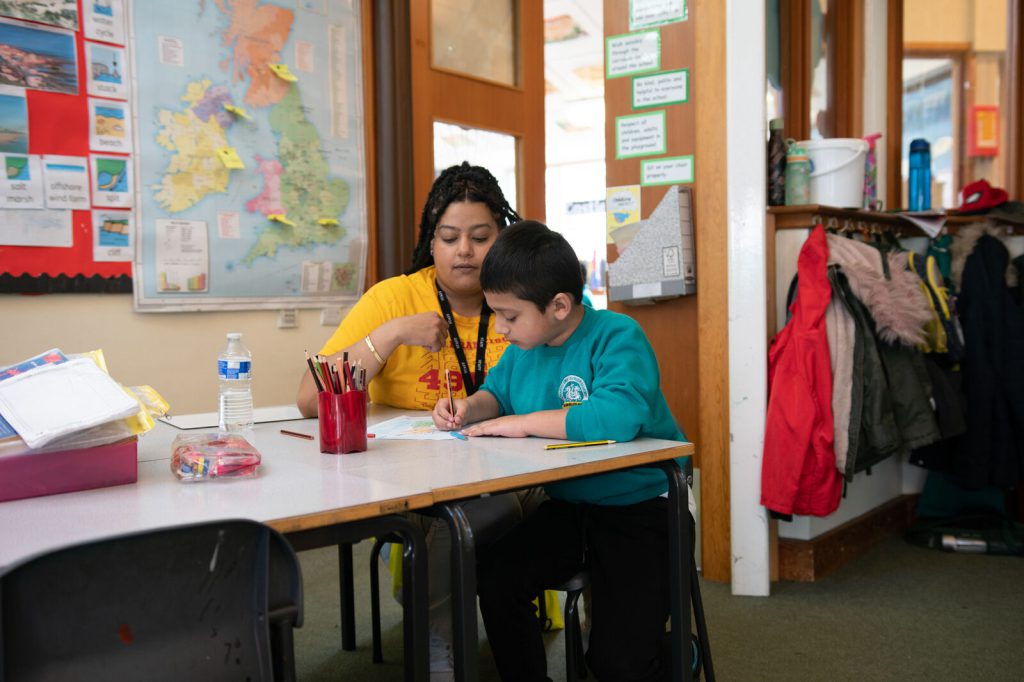I have attended hundreds of interviews for applicants wishing to pursue an ITT programme and it remains the single, most exciting aspect of my job to discover our future teachers and then witness them grow into confident teaching professionals.

As a profession, we know that it is the quality of teaching which makes the biggest difference to the achievement of children and young people (Coe R, Aloisi C, Higgins S et al. 2014) so finding and retaining great teachers is the core business of The REAch Teach Primary Partnership. If you are one of those applying for teacher training and have been fortunate to secure an interview, here’s my advice on how to make the most of this opportunity:
Be confident
It is only natural to feel nervous but whilst interviewers are carefully listening to what you say, they are also consciously and subconsciously assessing how you are saying it. Greet your interviewers warmly; look them in the eye, particularly if you are delivering a presentation; speak clearly, and smile!
Know your audience
This is key. Interviewers will expect you to have researched their course and know what makes it distinct. They will want to know why you want to train with them so be clear on this and make it specific to their programme. Generalised and vague statements are not your friend. Try and find out who will be on the panel in advance; interviewers will welcome proactive candidates and you will feel more confident in what to expect. If you have applied to a programme with a specific school in mind, make sure you have researched key information about that school, for example by exploring the school website and reading their latest Ofsted report.

Know what to expect
It goes without saying that you should digest any interview information you are given thoroughly. Make sure you are clear on interview timings, what you need to prepare and any criteria the interview panel have made available on how you will be assessed. Know how you will get to the interview location (if face to face) or how you will log on (if virtual). Make sure you are at the location or log-in well in advance, and if online, that you have checked your computer set-up.
Practise
Teaching is a performance profession and practice will be a key component of your training. Practise in advance of the interview will enable you to feel confident and enhance your chances of success. There is lots you can practise: greeting the interviewers, introducing yourself, delivering a presentation, delivering a teaching activity, etc. If you can get feedback from a friend or family member as part of your practise, even better! For the elements of the interview that remain unknown, such as the questions interviewers will ask you, make a list of what you think you might be asked, make notes on your responses and practise these. Interviewers are assessing your potential to meet The Teachers’ Standards so familiarising yourself with these will be a helpful starting point.

Be succinct
Whilst you want to demonstrate depth in your responses, you also want to be clear and coherent. An effective approach to answering an interview question is to employ the following model in your responses:
- Ask for the question, or parts of the question, to be repeated if needed.
- Repeat the key parts of the question aloud (to help you process what is required) and note down key words, if you can, as an aide memoire.
- Pause, breathe, and think.
- Break your response down into three parts, e.g. firstly I would focus on X; or, firstly I did Y…
- Give clear examples from your experience to illustrate your response.
- Summarise the main elements of your response.
Interviews are challenging and nerve-wracking but then so too is teaching! Set your sights on your end goal and approach your interviews with a positive mindset. After all, they are the first step on your journey to entering our wonderful profession and your chance to shine!
Good luck!
